Police Administration 3rd Edition By Larry K. Gaines – Test Bank
Chapter 4: Foundations of Police Organization
TRUE/FALSE
1.The classical police organization is highly decentralized.
ANS: F PTS: 1
2.According to Sir Robert Peel, the police must be under governmental control.
ANS: T PTS: 1
3.According to Fredrick Taylor, scientific principles should be applied to work so that workers could exert the least amount of effort in accomplishing the greatest amount of work.
ANS: T PTS: 1
4.Taylor’s scientific management emphasized workers over method.
ANS: F PTS: 1
5.Max Weber was the father of scientific management.
ANS: F PTS: 1
6.According to Weber, bureaucratic structure should emphasize specialization, among other factors.
ANS: T PTS: 1
7.There is no formula or method for determining how many levels of hierarchy should exist in a given police department.
ANS: T PTS: 1
8.The hierarchy of authority also implies that officers at various levels in the chain of command possess the same skill sets.
ANS: F PTS: 1
9.To a great extent, span of control determines the number of levels within the chain of command.
ANS: T PTS: 1
10.Delegation of authority is accomplished by two methods: policy formulation and direction.
ANS: T PTS: 1
11.In the typical police department, the major areas of functional specialization are patrol, traffic, criminal investigation, delinquency prevention, communications, records, and staff services.
ANS: T PTS: 1
12.In geographical differentiation (or specialization), a department uses substations or precinct stations as opposed to having all officers work out of a central headquarters.
ANS: T PTS: 1
13.When officers are assigned to permanent shifts, they tend to be more alert and less fatigued, more productive, and less prone to accidents.
ANS: T PTS: 1
14.Specialization increases the need for training.
ANS: F PTS: 1
15.Specialization has a tendency to increase job dissatisfaction.
ANS: T PTS: 1


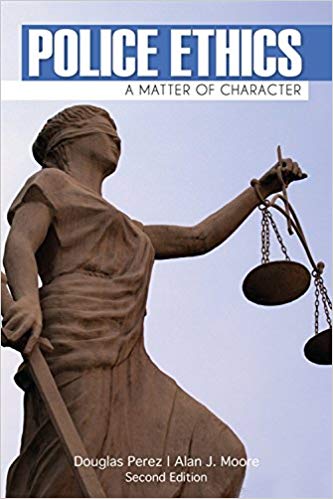
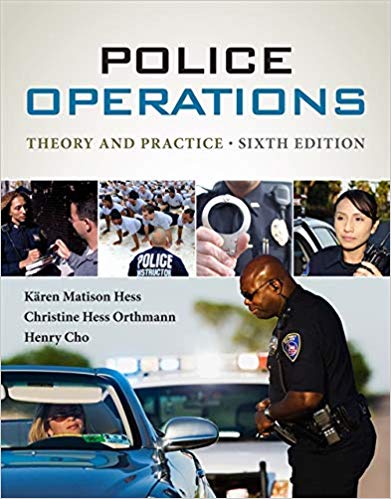






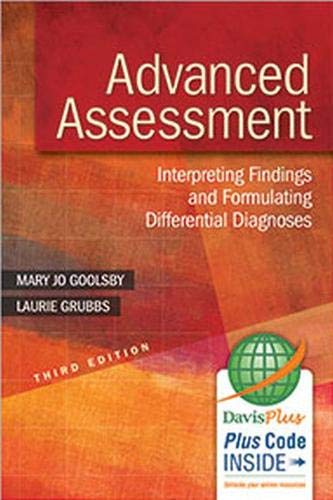
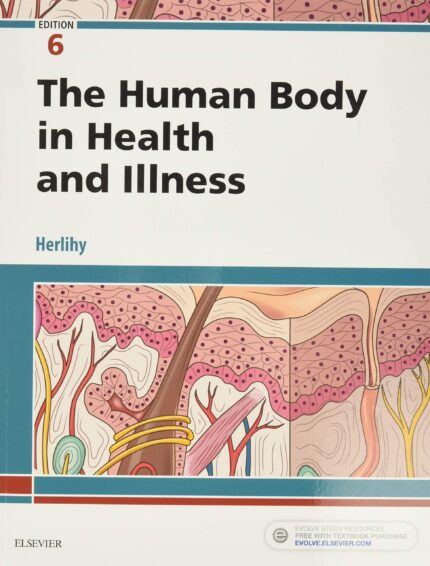
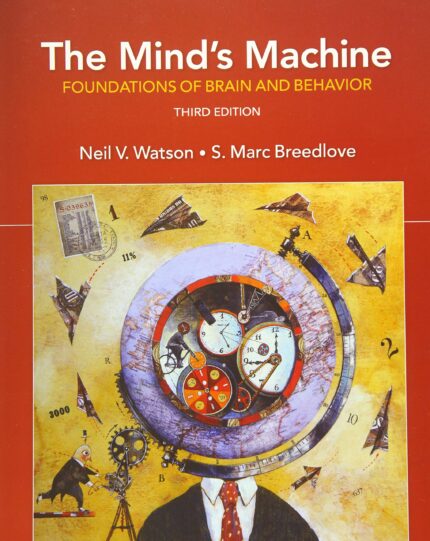

Reviews
There are no reviews yet.